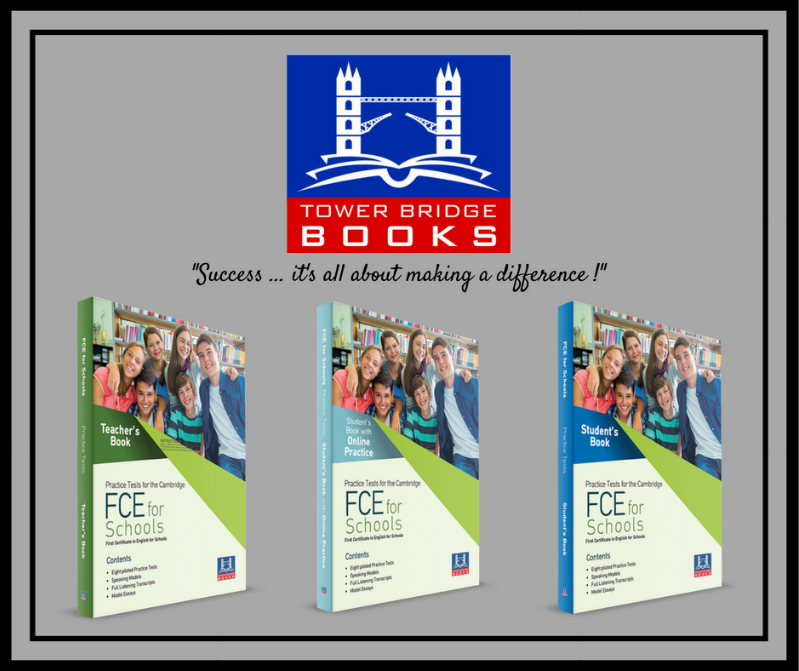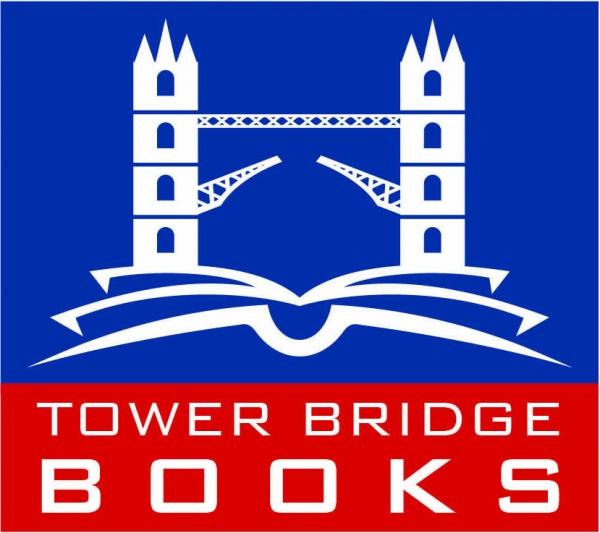On the first day of class, teachers should brainstorm topics of interest for their students, and show them videos from the internet, inviting them to discuss all sorts of topics, or providing them with the necessary topic vocabulary, and assigning an article or essay to be done for homework. This way, both writing and listening skills are honed but, most importantly, students’ writing skills are enhanced.
Another way to help students improve their writing skills is by assigning topics for a debate throughout the school year. By conducting debates, students work on their skill of finding arguments both for and against the issues at hand. In this way, students exchange ideas and work in teams or groups in order to find strong arguments to convince their interlocutors. In doing so, both grammar and vocabulary are drawn upon. Furthermore, finding examples and explanations to support their arguments, either for or against, which is a skill essential for writing, is mastered. By means of debates, students are enabled to develop both their writing and speaking skills.
Current affairs should inform the tasks students engage in as a way to keep up to date with what’s happening around the globe. Students can be invited to role play being news reporters by preparing articles on current affair issues, and presenting them in the class. Students are exposed to a wide variety of topics. Teachers could ask and guide students to discuss the main current affairs of the week or International Day (against bullying and so on). Students are encouraged to become reporters, adjusting their language accordingly.

Another activity for students to master different writing genres is by finding sample essays, and making puzzles by cutting the paragraphs, and jumbling them up, in order to master the register of articles, essays, reports, letters, emails, and reviews. Students can glue them in their notebooks, and keep them as samples.
This is the rationale behind our book. The level of the vocabulary and expressions found throughout the eight tests is slightly higher than that expected in the exam, with a wide variety of topics covered in all the writing parts of the exam. Students are exposed to the necessary topic vocabulary and structure of all writing types, so as to tackle the writing section with confidence. Sample Essays are provided to give more ideas of the layout, vocabulary, and register required to excel in the exam.
Last but not least, just like all of our books, First for Schools has an online version, which helps every student practise their Writing skills at home by saving time in the classroom. Students may either type their essay online, which is excellent practice for those students who would like to do the computer-based FCE for Schools exam, whereby the teacher will be able to correct the essay online, and grade it for the student to see online. Sample Essays are provided here after the essay has been written, so that the student may compare his or her own work to a model essay. It’s the perfect way to practise writing skills.
"Success…it’s all about making a difference !"
Dimitris Thanasoulas
Ellen Roberts







